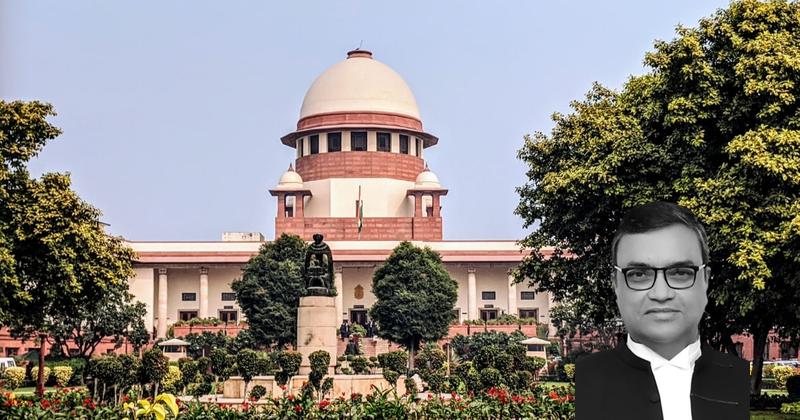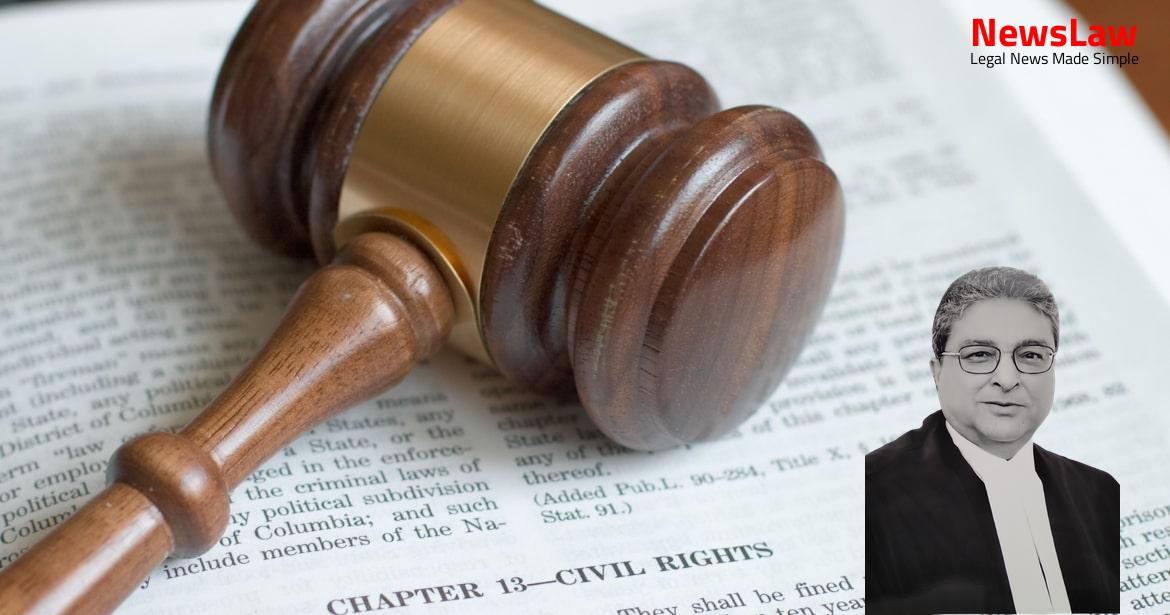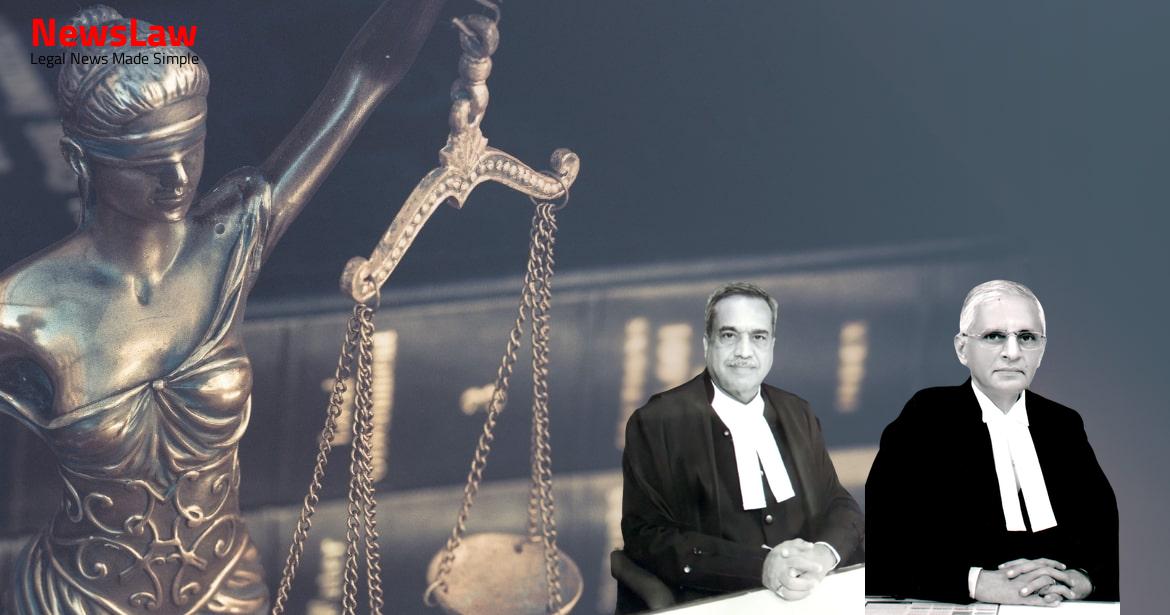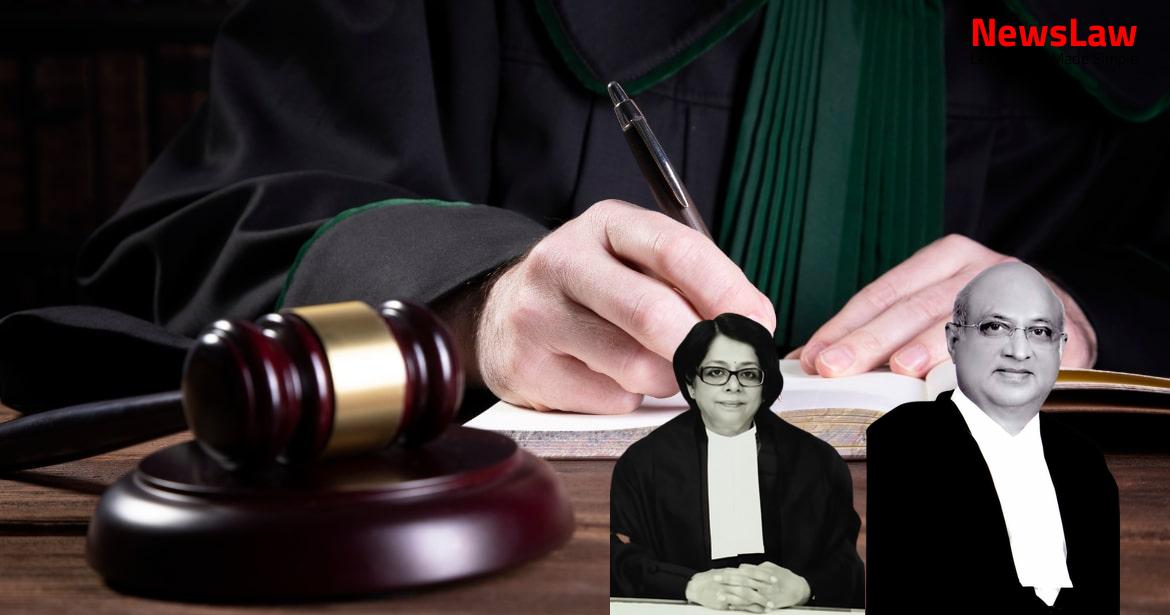Based on a complaint lodged by the second respondent, Thanesar city Police Station FIR No.658 dated 2 August, 2020 was registered under sections 406, 420, 506 and 120B, Indian Penal Code (“IPC”, hereafter) against 7 (seven) accused which, inter alia, included the petitioner.
Mainly, allegations of cheating and of fraud practiced on her have been levelled by the second respondent against the principal accused, her husband and various other co-accused. PC was invoked by the petitioner subjecting the charge-sheet dated 14 February, 2022, the order of the CJM framing charges dated 18 July, 2022 and the revisional order of the ASJ 27 September, 2022 to challenge. Relying on such precedents and based on formation of opinion that there was sufficient material found against the petitioner in course of investigation, the High Court by its impugned judgment and order dated 11 November, 2022 spurned the challenge and declined interference resulting in dismissal of the proceedings initiated by the petitioner.
The first purports to be the translated copy of an agreement dated 23 June, 2020 entered into by and between the principal accused and the second respondent in the presence of two witnesses, whereby the principal accused undertook responsibility of the entire amount (Rs.
The third document also purports to be the true translation of a statement of the principal accused admitting that there were discussions with the second respondent to promote and set up an ayurvedic factory for which the parties met several times and that the principal accused received such amount of money as indicated therein. It was also said by the second respondent in such statement that the principal accused, her husband, the petitioner and the other accused together have cheated her in a sum of Rs.
The small window that the law, through judicial precedents, provides is to look at the allegations in the FIR and the materials collected in course of investigation, without a rebuttal thereof by the accused, and to form an opinion upon consideration thereof that an offence is indeed not disclosed from it. The power of quashing criminal proceedings, particularly, the charge framed in terms of Section 228 of the Code should be exercised very sparingly and with circumspection and that too in the rarest of rare cases.
The Court should apply the test as to whether the uncontroverted allegations as made from the record of the case and the documents submitted therewith prima facie establish the offence or not.
Also Read: https://newslaw.in/supreme-court/appellant-convicted-for-culpable-homicide-not-amounting-to-murder/
Another very significant caution that the courts have to observe is that it cannot examine the facts, evidence and materials on record to determine whether there is sufficient material on the basis of which the case would end in a conviction; the court is concerned primarily with the allegations taken as a whole whether they will constitute an offence and, if so, is it an abuse of the process of court leading to injustice.
In exercise of its jurisdiction under Section 228 and/or under Section 482, the Court cannot take into consideration external materials given by an accused for reaching the conclusion that no offence was disclosed or that there was possibility of his acquittal.
Where the charge-sheet, report under Section 173(2) of the Code, suffers from fundamental legal defects, the Court may be well within its jurisdiction to frame a charge. Applying the broad principles as enunciated by this Court, we hold that it is not one of those rare cases where the uncontroverted allegations appearing from the materials on record notwithstanding, it can successfully be contended that even no prima facie opinion can be formed pointing to commission of any offence by the petitioner. The trial court may proceed with the trial uninfluenced by any observation made in this judgment and order which is for the purpose of a decision on the appeal. PC, which is reduced to writing, is required to be signed by the person making the statement and that section 180 of the IPC gets attracted only if a statement is refused to be signed which a public servant is legally competent to require the person making the statement to sign. A copy of this judgment shall be forwarded by the Registry to the Director General of Police, Haryana not for the purpose of initiating any action adverse to the interest of the deponent of the reply affidavit but for the purpose of ensuring that police officers at all levels are made aware of the legal provisions and the impact that ignorance of legal provisions could have adversely on pending criminal proceedings affecting the rights of accused, so that there is no recurrence of similar such incident.
Also Read: https://newslaw.in/supreme-court/ownership-dispute-commissioners-order-and-revenue-documents/
RAVINDRA BHAT)………………………………….
Case Title: SUPRIYA JAIN Vs. THE STATE OF HARYANA (2023 INSC 595)
Case Number: Crl.A. No.-001780-001780 / 2023



